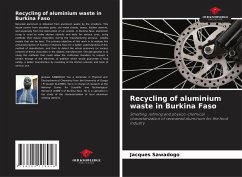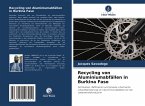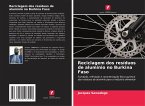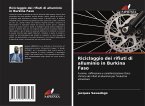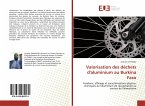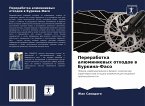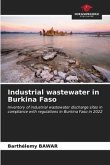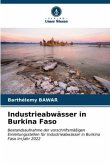Recycled aluminum is obtained from aluminum waste by the smelters. This waste comes from obsolete parts: old metal sheets, boxes, kitchen utensils, and especially from the destruction of car wrecks. In Burkina Faso, aluminium scrap is used to make kitchen utensils and tools for various uses, using methods that induce impurities during the manufacturing process, notably metals that can be toxic. The primary objective of this work is to analyze this artisanal practice of foundry in Burkina Faso for a better understanding of this method of manufacture, and then to detect the actual presence (or excess content) of these impurities in the objects manufactured. The perspective is to study the methods that could allow the craftsmen founders to respect a certain dosage of the elements of addition which would guarantee a food safety, a better manufacture by moulding of the kitchen utensils and tools of various use.

